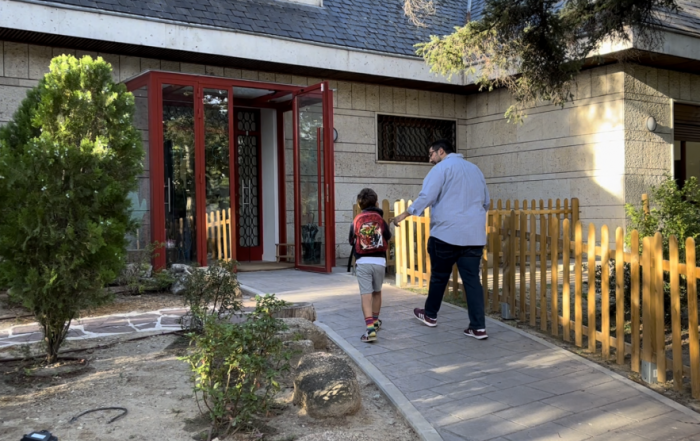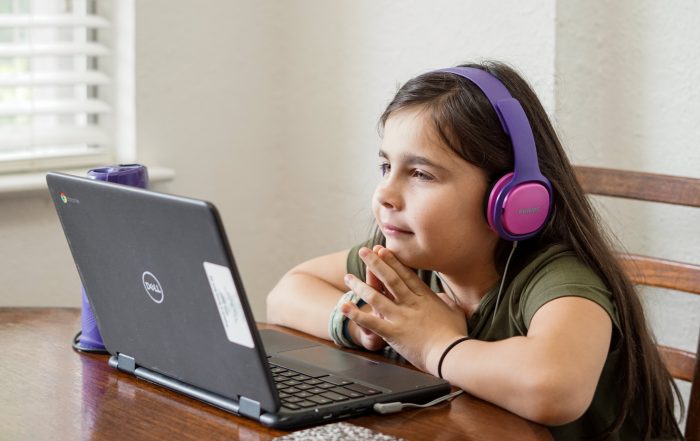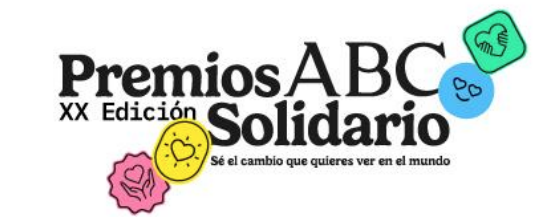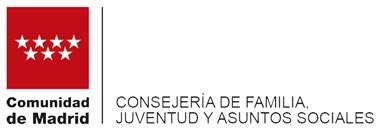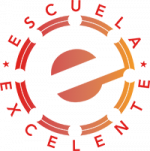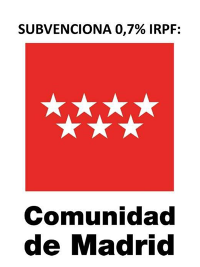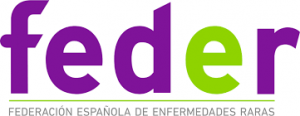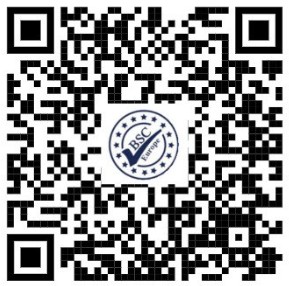Educational therapy
Our multidisciplinary team provides teachers who specialize in specific educational needs, which we refer to as Educational Therapy.
Individual therapy attempts to educate pupils skills and tactics for detecting how they learn and enhancing their assets and abilities.
This is made possible by a variety of new and pioneering teaching methodologies:
- To learn to read method: teaches reading and improves reading comprehension using the Preventing Academic Failure (PAF) methodology, which was developed in the United States.
Our methodology To learn to read
Reading is the most important and difficult learning activity that children must master when they begin school. Some children learn to read effortlessly, regardless of the type of training they have received, however for others, especially those with learning impairments, this process is not as natural.
At Fundación Querer, we use our own phonetics and phonology-based program. This approach blends the fundamentals of oral language, phonological awareness, and understanding with writing-related motor patterns.
When all the linguistic conditions have been met, the program gradually adds written language.
- Singapore Mathematic approach: This approach of teaching mathematics focuses on the development of logical-mathematical reasoning.
Through simple abilities, the Singapore Mathematics Method fosters knowledge, retention, and love of mathematics and problem solving. The goal is to produce a deep and lasting knowledge rather than simply memorize.
The method is applicable at all educational levels since its goal is simple: to solve problems via proper comprehension and acquire an exact solution.
Before moving on to the act of writing mathematical symbols, the Singapore Method teaches you to reason. Understanding and reflecting on your own learning process is critical.
What is the difference between Educational Therapy and Extracurricular Support?
Extracurricular support sessions are often focused on the student’s textbooks because they reinforce the academic content that the student learns at school. Children who get extracurricular support do not have substantial understanding problems, but their rate of knowledge acquisition is usually quite slow, and they struggle to analyze, memorize, and generalize the content on their own.
Educational therapy, on the other hand, is indicated for children who have difficulty absorbing spoken and/or written information, as well as integrating general concepts. These sessions are frequently given to children who have special educational needs. The educational therapist’s responsibility is to identify the source of the learning barrier and build an intervention plan tailored to the child’s specific requirements.
ÚLTIMAS PUBLICACIONES DE NUESTRO BLOG EXPERTOS EN EDUCACIÓN
La ‘vuelta al cole’ en un niño con discapacidad intelectual: “Hay que ser flexible para que se haga al espacio y a los tiempos”
Para los niños con discapacidad intelectual, la ‘vuelta al cole’ puede ser todavía más complicada, pues, aunque las rutinas son muy beneficiosas para su bienestar y desarrollo, retomarlas tras un extenso periodo vacacional suele costar, [...]
De la especialización al trabajo multidisciplinar: claves para elegir colegio de educación especial
Cada niño con necesidades educativas especiales es diferente y tiene unas fortalezas y dificultades particulares. Por ello, saber elegir el centro más adecuado es vital para su desarrollo; pero esta no es tarea sencilla. Los [...]
Ventajas del aprendizaje virtual para niños
Al aprendizaje virtual se le ha dado diversos nombres a lo largo de los años, entre los que cabe destacar aprendizaje en línea, aprendizaje a distancia, aprendizaje digital o eLearning. Sin embargo, todos estos términos [...]






